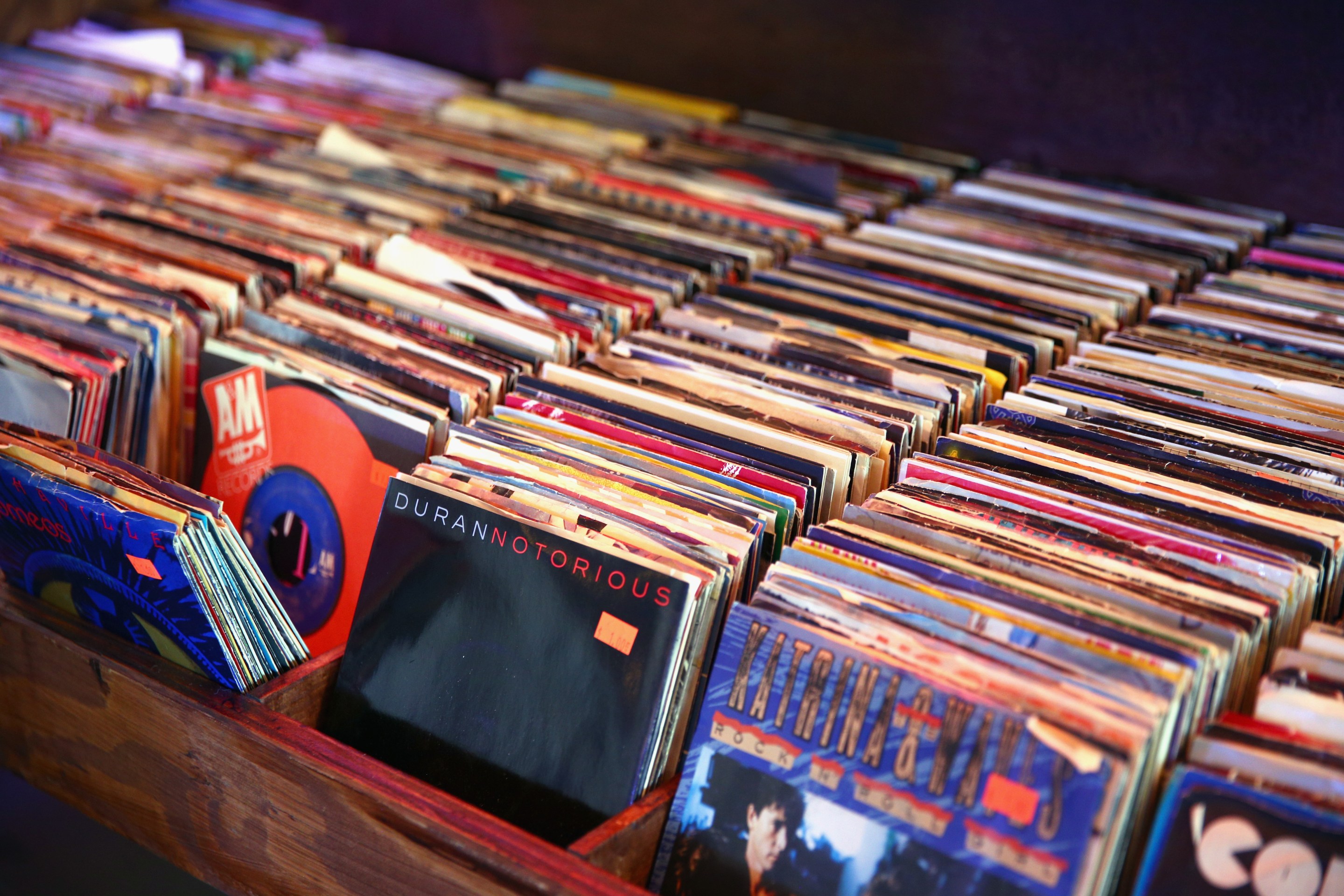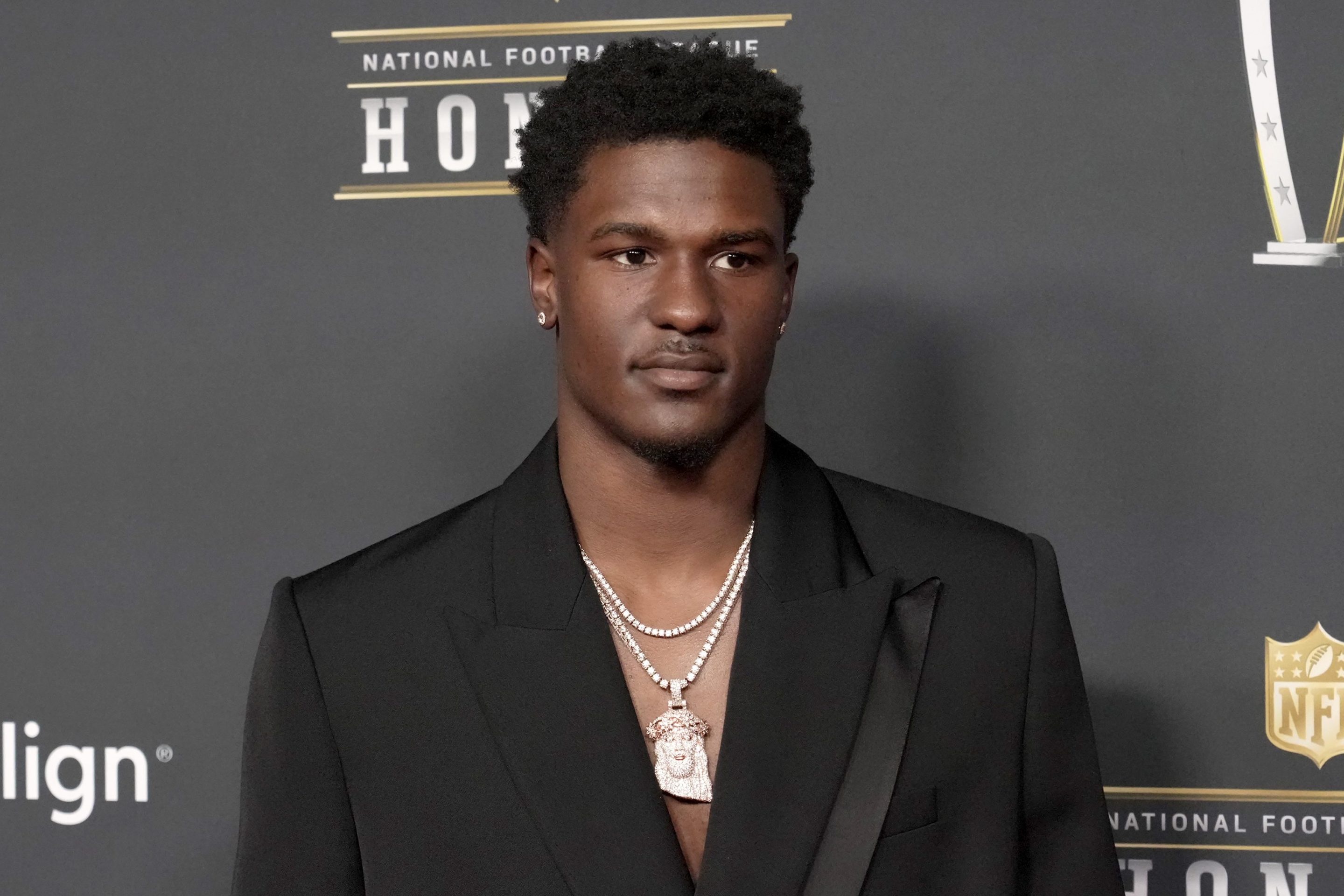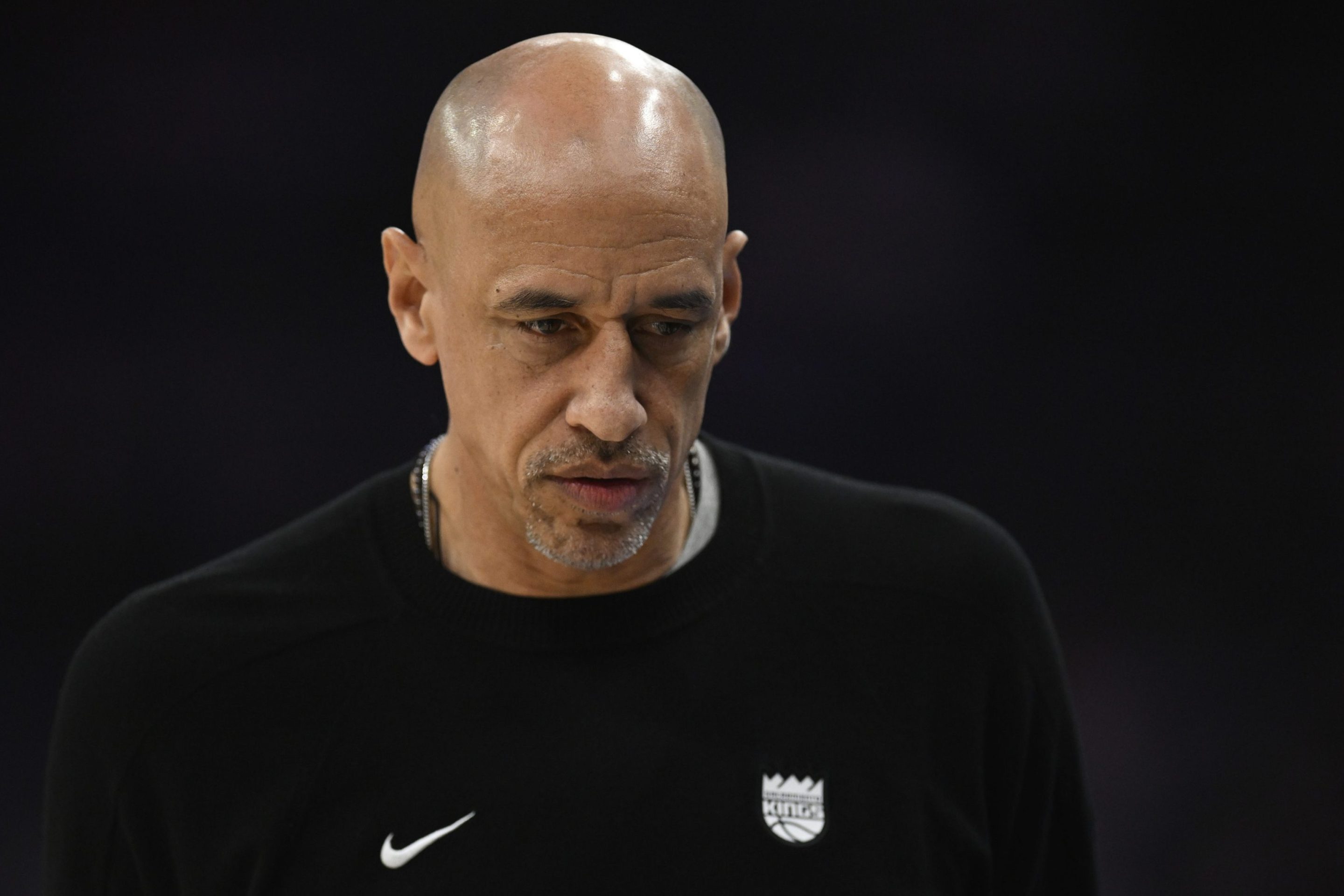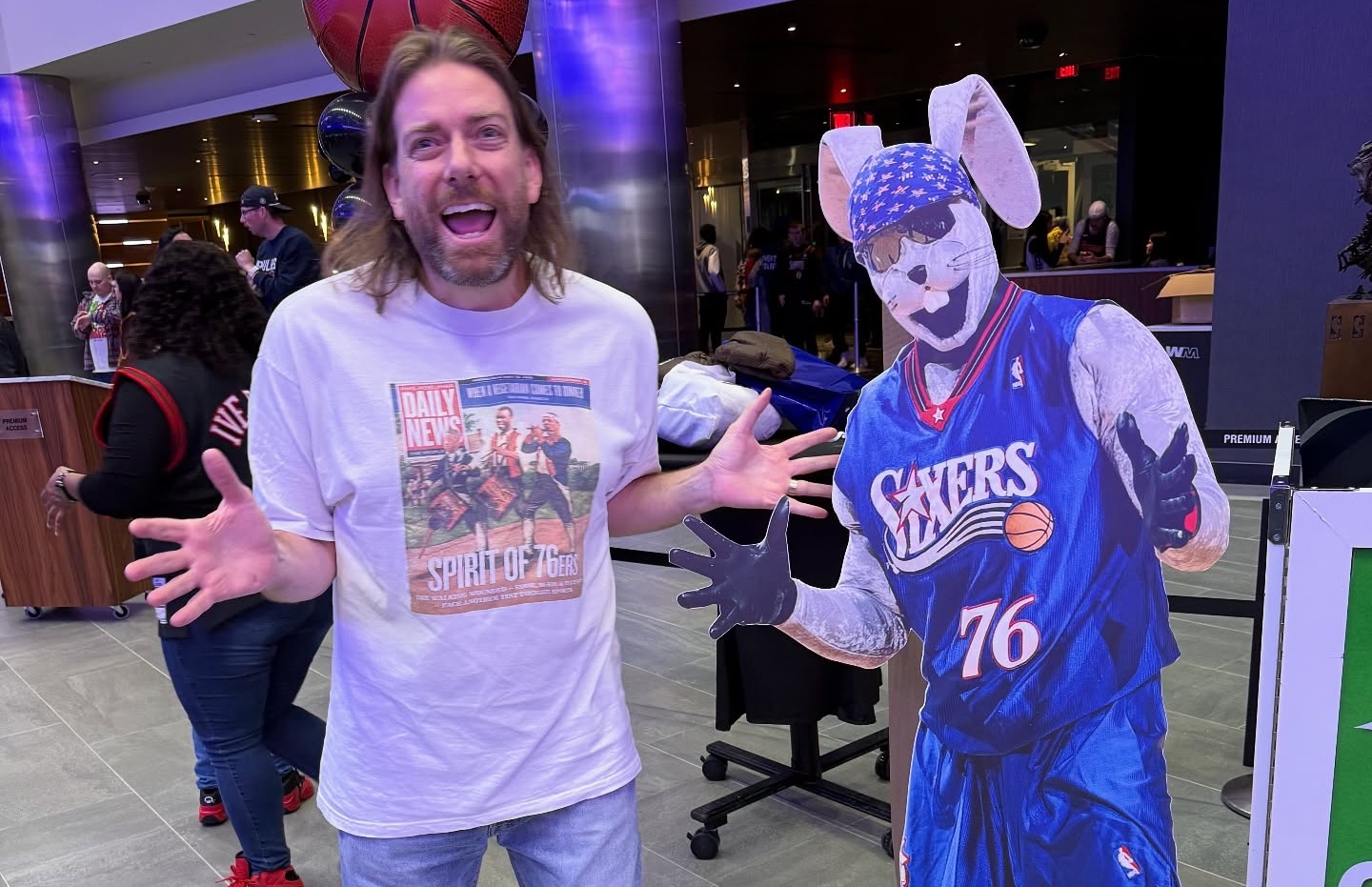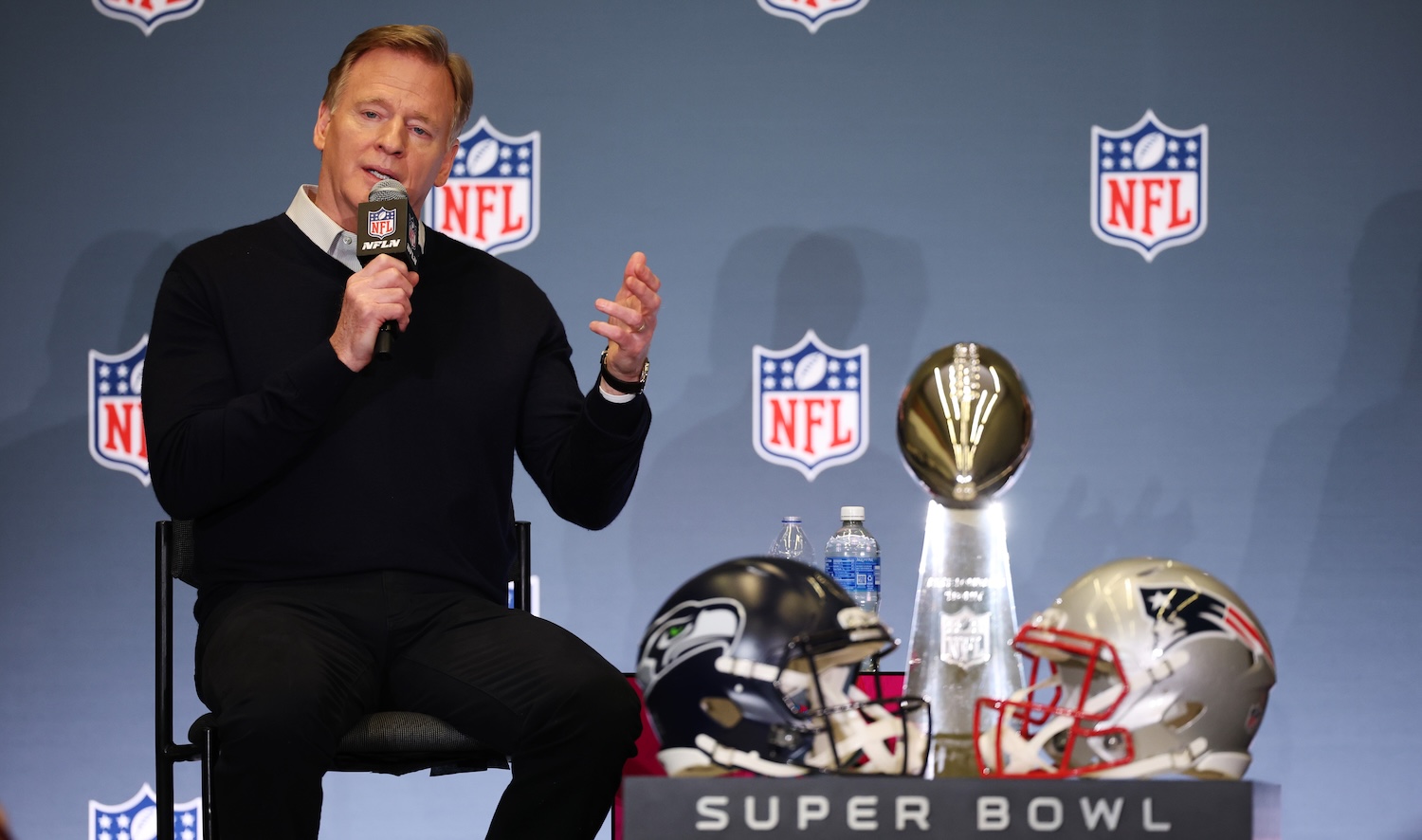“No more records, for a while.” That was the edict given to me by my more-sensible partner after I dropped a hefty sum on a single LP last year. I won’t say how much it was, but I can admit it was large enough to warrant a statement like that. I agreed to that edict. How could I not, given the current state of, well, everything? But I never actually kept that promise. There was no way I could.
I felt plenty of guilt over such an extravagance. Just two weeks earlier I had lost one of my jobs due to the pandemic, but a severance package and federally boosted unemployment benefits briefly put me in a comfortable enough place to even consider such a purchase. Spending on a luxury item after losing a job during a national crisis felt irrational and ostentatious. But the job sucked and I told myself I deserved this.
As an under-employed American living through a pandemic with no end in sight, it was a major expense. But I felt like I had to do it. Without any meaningful connection to anything or anyone outside of my apartment, my records and the pursuit of them were keeping me sane. Amidst the horrifying and numbing news cycles of 2020, it was on the short list of things that actually made me feel joy. It’s worth noting here: Since the beginning of the pandemic, my collection has at least tripled in size.
The record in question was Ornette Coleman’s The Shape of Jazz to Come—the urtext of avant-garde jazz, and the album that sent me down this path when I first heard it in college. Lazily scrolling through Instagram one Saturday morning, I had noticed its distinctive cover—Coleman cradling his plastic Grafton sax within a stark white frame—atop a pile of new arrivals in a photo posted by one of my regular spots. I avoided crate digging on weekends, but I somehow managed to convince my partner to go on the hour-long drive with me just this once so I could pick it up. Not only was it a first pressing in great shape, but it was also in mono. For jazz purists, the only way to listen to any jazz recording from before the mid-'60s is in mono. Just a few months earlier, I had missed out on John Coltrane’s Blue Train by a half-hour at the same shop. I could not let this one get away.
The sensation of flipping through hundreds of records just to find one or two rare finds was a high that I kept craving. It was a thrilling freedom from Spotify’s mechanical, algorithmic curation. With all my newfound free time, I would drive to far-flung corners of Los Angeles County to record shops in podunk suburbs or routinely check eBay, hoping to complete the India Navigation discography or stumble upon a first pressing of The Flying Burrito Brothers’ The Gilded Palace of Sin. I’ve collected ever since I was a teenaged music snob, accompanying my dad to flea markets and estate sales to grab dusty, beat-up records for a dollar. But it wasn’t until the pandemic forced all of us inside that it blossomed into a full-on mania. With the ambient sense of dread that the world was about to end, now was the time to get all those records I had long coveted.
Before COVID, most of my free time and money was spent going to the movies, usually at one of Los Angeles’s repertory theaters like Quentin Tarantino’s New Beverly Cinema or the UCLA Film & Television Archive. Watching movies was its own chase. Every film I saw I logged on my Letterboxd account, and I also made sure to check off titles from Jonathan Rosenbaum’s 1,000 essential films (I’m currently at 330). Much like being a vinyl purist when it comes to getting original pressings of jazz records, I always had to make sure to watch as many films as I could find projected on 35mm. When all of the movie theaters in Los Angeles County closed in March of last year, I lost the primary outlet for my obsessive nature.
Unlike many cinephiles, I didn’t use the abundance of time spent at home to bolster my Letterboxd viewing log. So much of what I enjoyed about watching movies was actually tied up with the experience of actually going to the movies. I could find peace as I was captivated by the glow of the big screen, free from distractions like my phone or my roommate walking into the kitchen. The convenience of home felt like an annoyance. And, maybe, the thrill of the chase was gone if I could just watch almost anything from my couch.
The pandemic forced people to socially isolate, creating a choice for many of us: take on new hobbies, like baking and tending houseplants, or return to old ones. However, extra spending money in the pockets of millions of people, via stimulus checks and increased unemployment benefits, meant that people like myself could indulge in their hearts’ desires despite our collective trauma from the global pandemic happening just outside the door. Vinyl sales shot up in 2020 and outsold CDs for the first time since the 1980s, and an even bigger boom is happening in the sports card market.
“Non-essential” businesses were closed during those early days of the pandemic, so initially I turned to sites like eBay, Discogs, and Instagram to shop from home. But shopping for records at home is tough when you’re buying vintage, as being able to examine the condition of the vinyl, as well as obscure details like run-out etchings are key. When Los Angeles reopened in late May I was faced with weighing my desire to actually go into a record store against the moral obligation to stay at home and “flatten the curve,” or at least just not get myself or the people around me sick. I started double-masking, social distancing, and only going out when necessary. So maybe I could treat myself? Shopping for records seemed safer than what other Angelenos were doing, like going out to eat at restaurants, attending parties for cops, or celebrating the World Series, right?
Even if I took every precaution necessary, a trip to the record store was still inherently a risk. Many are musty spaces that reek of old cardboard, cramped to the point where you’re sometimes shoulder-to-shoulder with fellow crate diggers, and you’ll always be flipping through hundreds of records that have been touched by hundreds of dusty fingers before you. I’ve been in more than a few uncomfortable situations with customers and even clerks not wearing masks, which always prompted a swift exit. To the credit of the record stores I still patronize, they all enforce mask-wearing, limit the number of customers inside, and provide hand sanitizer. But these safety protocols are only so effective inside tight spaces, and it can be hard to stop a total stranger from invading your personal space when you both want to look at Miles Davis records.
I kept going, out of the obsession, but also because I still believe in the idea that outmoded physical media holds some inherent value. When almost any recording you could ever want is readily available on-demand, it can all become an anonymous blur of content. People who have jumped on the NFT fad will tell you that the blockchain has created unique, value-added digital art, but I still like owning a thing. By pulling a record and placing it on my turntable, I immediately have a deeper experience than just tapping “play” on Spotify. Plus, it sounds better.
When COVID cases started spiking back in November, I finally cut back out of a heightened sense of caution. As the threat of illness seemed to close in I leaned even more on the comfort of my collection, as if it was a stockpile I had accumulated for an extended stay in a bunker. Instead of spending the holidays with my family, I holed up and listened to Brother Records-era Beach Boys, Roscoe Mitchell, and McCoy Tyner. I joined vinyl collector Facebook groups full of corny boomers, started an Instagram account for my collection, and would occasionally tweet out my weekly spins—because what else was there to talk about? As the world outside felt more bleak, I could lounge on the couch, fire up the New York Times crossword puzzle, and let beautiful music drown out the noise for 20 minutes per side.
Throughout my life when it comes down to doing the sensible thing versus indulging my impulsive desires, the latter usually wins out. And the reality is my money doesn’t go to much more than gas, food and rent these days. So I still go vinyl hunting, every trip compounding the guilt of being an irresponsible member of society and spending money I should be saving. It's a routine that has given me a purpose while everything else happening makes me feel nihilistic.
Despite a shaky vaccine rollout, we seem to be finally turning a corner here in Los Angeles. Perhaps I’ll soon be able to see friends and loved ones again, go back to working a regular 9-to-5, and maybe see movies again. By then I may not have the time to listen to all these records and will look back on these pursuits with regret, or as some pandemic indulgence. Maybe I’ll sell back a huge portion of my collection for a mere fraction of what I paid, paring it down to just the core of essentials. For the time being, you’ll still find me digging through the crates (pickups this week include: Sonic Youth’s EVOL, Eric B. & Rakim’s Follow the Leader, We Insist! Max Roach’s Freedom Now Suite, and New Art Jazz Ensemble’s Seeking). If you have any vintage Alice Coltrane records you’re looking to unload, please let me know.
You should really hear my copy of that Ornette Coleman record. As the needle crackles into the opening track, “Lonely Woman,” you’re greeted by the pitter-patter of Billy Higgins’s cymbals before suddenly Coleman and his cornetist Don Cherry dive in with the song’s aching melody. Coleman’s plastic saxophone gives his bluesy wails a shrill, piercing quality I’ve never heard before from any other musician, and I’m reminded why his music meant so much to me in the first place. Vinyl really does sound better.
